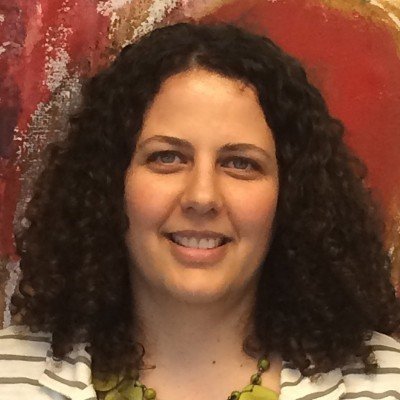Originally posted on Civil Eats.
Monsanto has donated $4 million in seeds to Haiti, sending 60 tons of conventional hybrid corn and vegetable seed, followed by 70 more tons of corn seed last week with an additional 345 tons of corn seed to come during the next year. Yet the number one recommendation of a recent report by Catholic Relief Services on post-earthquake Haiti is to focus on local seed fairs and not to introduce new or “improved” varieties at this time.
Some tough questions need to be asked and answered before we’ll know whether or not Monsanto’s donation will help or hurt long-term efforts to rebuild food sufficiency and sovereignty in Haiti. Here are five of them:
- What do Haitians think? Do rural organizations representing Haiti’s farmers actually want these seeds from Monsanto or not? We know at least one spokesperson for Haitian farmers isn’t interested. Chavannes Jean-Baptiste of the Peasant Movement of Papay and the National Peasant Movement of the Papay Congress said in a recent article published by Grassroots International that “if people start sending hybrid, NGO seeds, that’s the end of Haitian agriculture.”
- Will Haitian farmers be able to use existing farming methods with these seeds or do they require a completely different set of techniques – for example, is it possible for these seeds to be banked year to year for use in more than one planting cycle? Hybrid seeds don’t have a great track record for re-planting, which means that farmers typically must buy new seeds every year.
- Does cultivation of these seeds require expensive new inputs and/or chemicals that may negatively impact the environment and soil over the long-term? Hybrids typically require a lot of fertilizers, pesticides, etc. and according to the press release, these will be provided through the USAID’s 5-year WINNER program. When the WINNER program is done, will farmers find themselves reliant on external inputs they can’t afford or access? What will the inputs leave behind in terms of the soil’s condition?
- Will the rest of the Monsanto seeds sent to Haiti over the next year be conventional or genetically modified (GM)? GM seeds are as controversial in Haiti as they are here at home. It is critical that Haitians themselves are in charge of the decision to plant or not plant GM; they first need to know what is being offered to them in the first place.
- Will the Monsanto seeds (whether conventional or GM) affect indigenous seed diversity by mixing with them and contaminating existing seed strains? Large influxes of non-native seeds have touched off controversy and alarmed environmental activists and peasant farmers from Mexico to Malaysia to Mali.
Agricultural development is critical for Haiti and was even before the earthquake. Lambi Fund of Haiti, a partner organization of American Jewish World Service (AJWS), has been working with rural communities to create indigenous seed banks, building expertise in farming techniques and using environmentally-friendly methods to renew depleted Haitian soil.
Advocates for common sense food aid, including AJWS, are asking Congress to spend the $150 million dollars requested by the Obama Administration for Food Aid to Haiti on resources that will help Haiti feed itself for the long-term. You can make your voice heard by signing this petition.
Monsanto’s donation – just like the US government’s in-kind food aid donations – should empower rather than dis-empower the rural communities working to grow food for their country over the long term. More to the point, the communities most affected by these donations should decide whether they want this aid at all and if so, what they want and when they want it. It’s unclear in this case if Monsanto or anyone else has asked them.
AJWS’s work in countries and communities changes over time, responding to the evolving needs of partner organizations and the people they serve. To learn where AJWS is supporting activists and social justice movements today, please see Where We Work.

